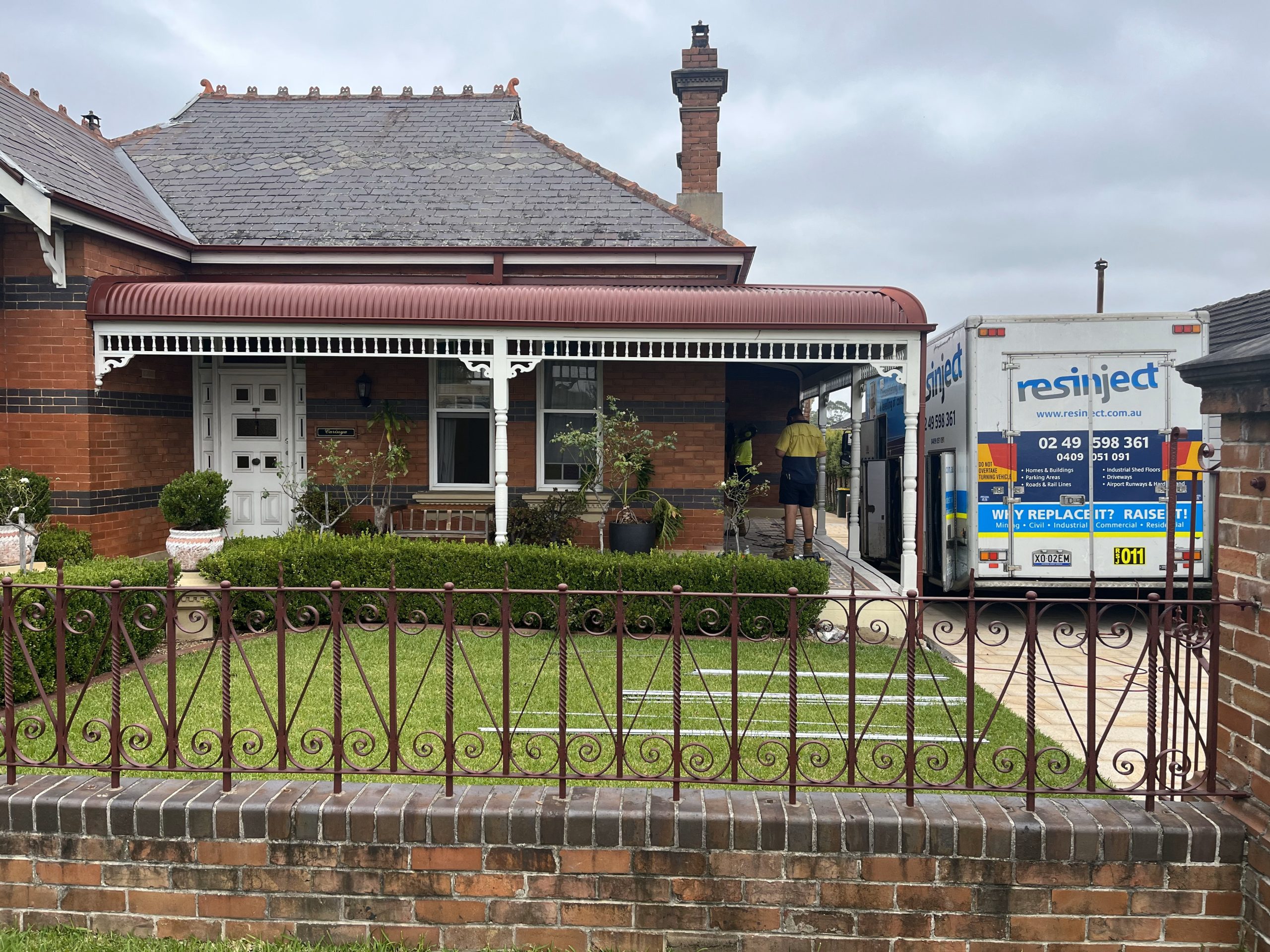The Site:
One of the biggest cardboard manufacturing plants in Australia had done some recent renovations to its warehouse
The warehouse is a high-tech processing facility based in Revesby, located 22 kilometres southwest of the Sydney central business district.
The industrial site included office space, a canteen, and a bathhouse area. The building was built on a concrete slab which happened to sit on poorly compacted fill material.









